At first sight, Chanel Contos might seem an unlikely culture warrior.
She’s a twenty-something from Sydney’s affluent eastern suburbs, who studied in London and finished the European summer last month sailing around the Mediterranean. She campaigns on Instagram and attends parties with prime ministers.
But while Contos is completely at home in this world of easy affluence, she certainly isn’t defined by it. In fact, this articulate young woman has weaponised her privilege to challenge some of Australia’s most pervasive issues: sexual assault and male entitlement.
And she started two and a half years ago with the world she knew best: Sydney’s elite private schools.
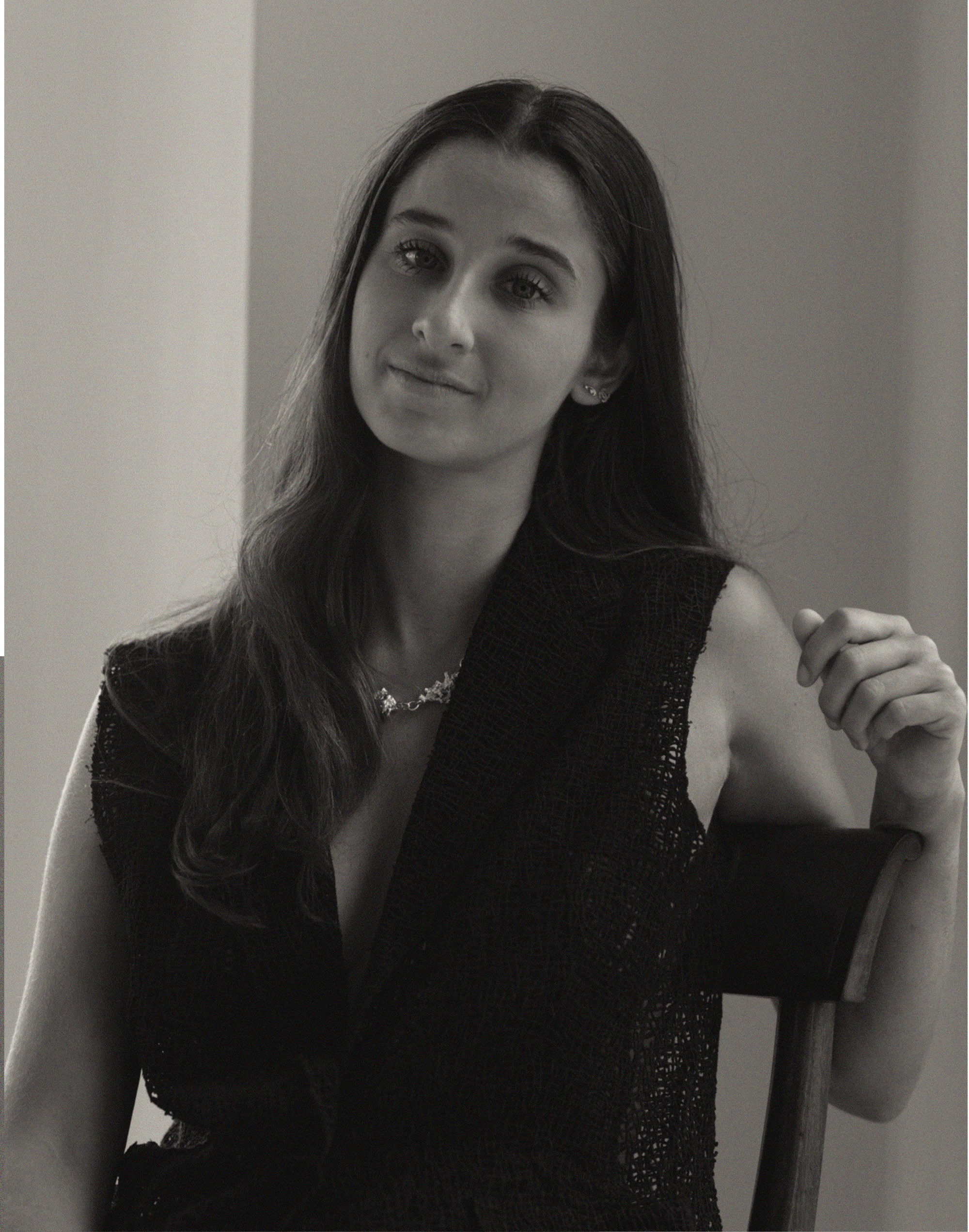

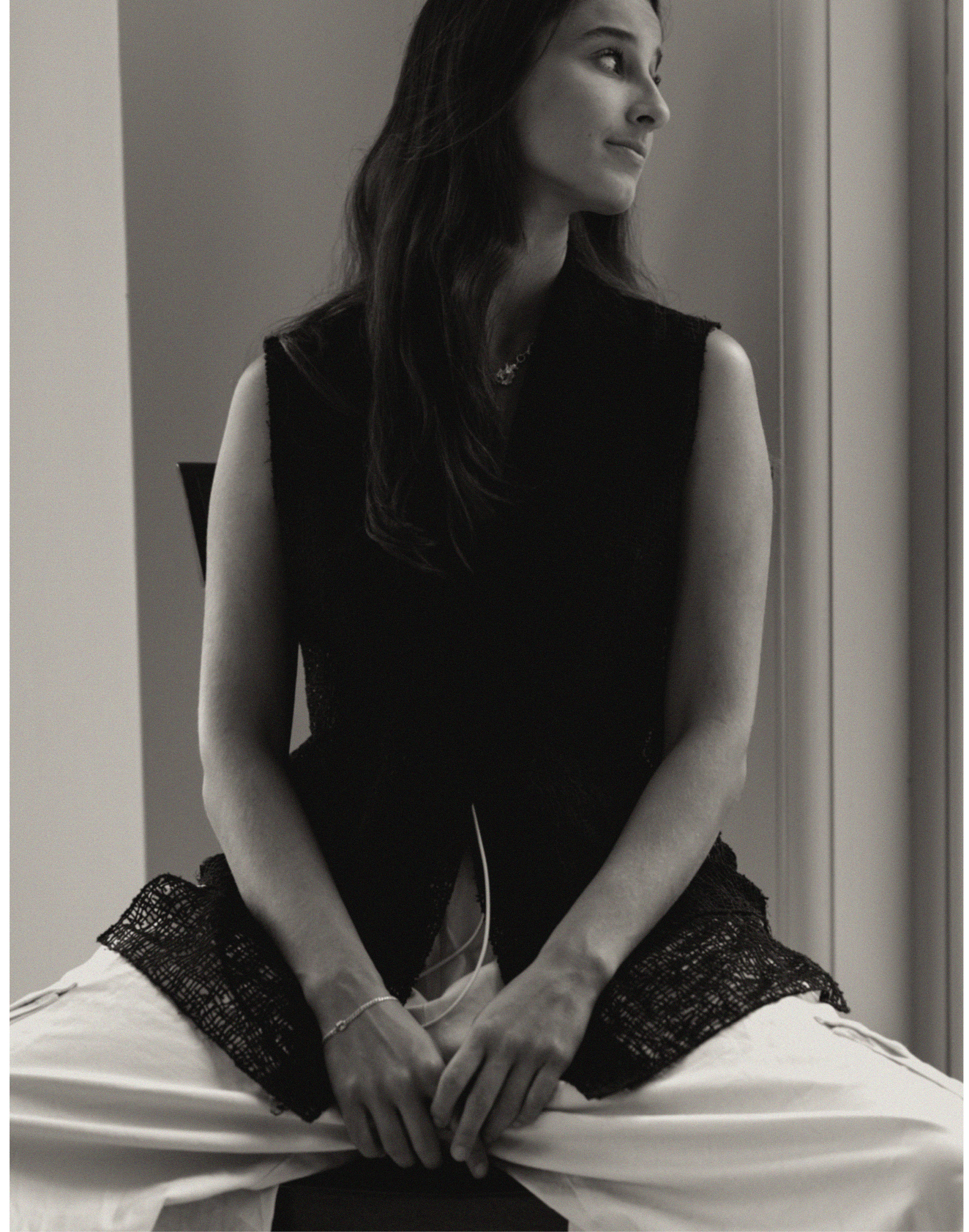

Contos’ evolution from student to social campaigner began in 2020 on a trip to a friend’s farm near Sydney. One night, the group started swapping stories about problematic sexual experiences. Shockingly, Contos discovered that the same boy who had assaulted her at 13 had done something very similar to another girl.
It would take another year before Contos could process the discovery, and by then she was living in the UK. From her London share-house bedroom, she decided to post a simple question to Instagram – a question that would ignite a firestorm.
“If you live in Sydney: have you or has anyone close to you ever experienced sexual assault from someone who went to an all-boys school?”
At first, a handful of stories trickled in. But within weeks there were 6000 testimonies. A petition demanding consent classes in Australian schools soon gathered 45,000 signatures. One year later, and every education minister in the country signed up to make consent education mandatory thanks to her campaign Teach Us Consent.
Widespread agreement and rapid results are not the norm when it comes to sexual and gendered violence in Australia. Progress rarely matches the urgency and scale of the crisis itself – the daily convulsion of physical and sexual assaults, psychological abuse, coercive and controlling behaviour, across the nation, in bedrooms, kitchens, backyards, and schoolyards.
Even Contos seems in awe of the cascade of changes that have occurred over the past three years. “I’m not saying we eradicated rape culture… and I’m sorry [women] had a reason to write in. But I’m thankful. We made consent education a national priority in Australia – and that’s a direct quote from a minister.”
Widespread agreement and rapid results are not the norm when it comes to sexual and gendered violence in Australia.
Contos’ youthful tones crackle along the phone line. “For it to be called a national priority when it wasn’t even in the public domain… it’s pretty incredible.”
For many other young women, that incredible achievement might be enough. Time to soak up the acclaim, and maybe re-discover Netflix.
But that’s not Contos’ style.
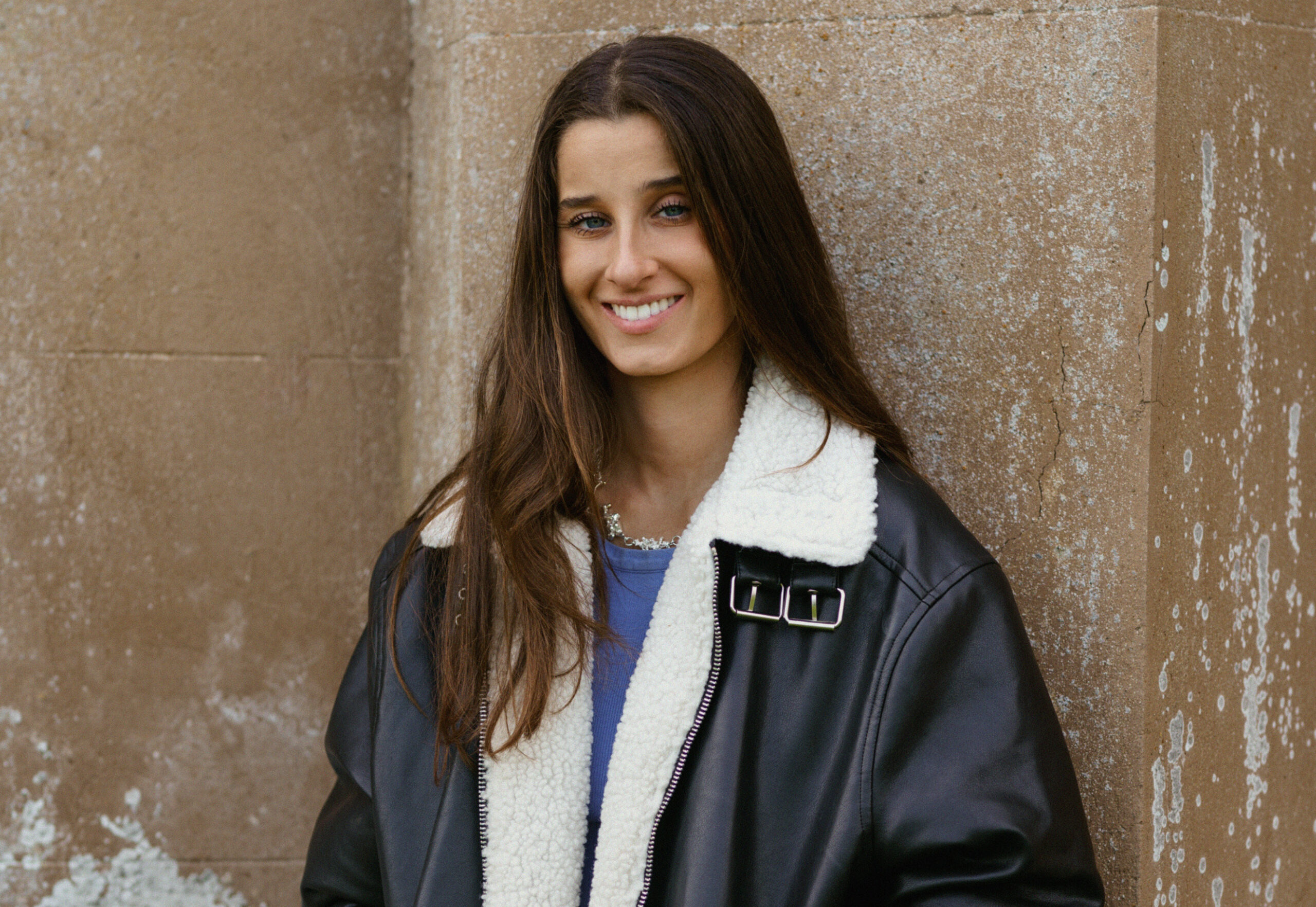

It’s 9 am on the peaceful Ionian island of Kefalonia, and the night’s chill has warmed already to a comfortable 21 degrees. A gentle westerly sways the yacht where Contos is on-board, sailing the Mediterranean with her boyfriend for a week, relaxing.
I’d hoped a video call from my spare bedroom in Newcastle might offer a glimpse on board of silk kaftans, luxury flip flops, the mixing of martinis. But, sadly, the wireless connection is ropey, (boats!), and we settle for a lengthy chat on a scratchy phone line.
Contos is gearing up for promotional commitments back in Australia to mark the publication of her new book Consent Laid Bare. Yes, it’s about consent, but there’s more: perpetrators, pornography, marriage, body positivity, sex workers, beauty.
It draws not only on her advocacy, but also on her working knowledge of gender studies: it’s relevant to remember Contos has a Masters in Gender, Education, and International Development from University College London and she was appointed earlier this year by Julia Gillard to Chair the Global Institute for Women’s Leadership’s Youth Advisory Committee. (Brittany Higgins is a visiting fellow at the same Institute).
The book rejects the black-and-white certainties that fuel social media, and avoids polarising language and stereotypes. “I think that consent, sexual assault, and sex in general, are among some of the most nuanced things in the world,” explains Contos. “I think discussion around it doesn’t have enough nuance, to be honest.”
I felt like saying I was raped was dramatic.
In fact, she considers sexual violence to exist on a spectrum, and admits that after her own assault, it took her seven years to find the language to describe it.
“I felt like saying I’d been raped was dramatic,” she writes in Consent Laid Bare. “It was never explicitly said to me that I was being dramatic, but something instinctively told me not to make a fuss.”
Later, when she asked her Instagram followers if they, too, felt reluctant to describe their experiences in stark terms like ‘rape’, the answer was overwhelmingly yes.
“A lot of people don’t relate to the words sexual assault, victim or survivor or any of these things,” she says now, “because their experience of sexual assault isn’t what they’ve seen be portrayed in the media.”
She hopes that by framing assault in a more nuanced way, more women will feel comfortable coming forward.
For herself, Contos rejects the label of victim, or survivor.
“Objectively – I have been a victim of sexual assault, and personally I don’t like that being a defining picture of my life, although it is, because look at the work I do. Some people will never want to call themselves victims or survivors. Some people will never even say if they’ve been sexually assaulted. But for me personally, I don’t feel like I survived anything the way that I often work with people and hear the stories of other survivors.”
Contos is careful to explain that Consent Laid Bare focuses on a very specific type of offender: the “entitled opportunist”, a perpetrator who acts ‘out of ignorance and entitlement, rather than malice’.
Or, as Contos puts it, “the type of boys I went to school with”.
As she explains it on our call, “the entitled opportunist makes up the vast majority of sexual assault perpetrators, and is, I think, preventable. So that is where I focus my attention. Unfortunately, I think there’s always going to be people or men who harm others, especially women, because they want to, and they enjoy it. And I don’t think that cultural change will change that, I think they know that’s wrong.
“But I think that the vast majority of instances of sexual violence come from the type of entitled opportunist – who’s a functioning member of our society.”
I ask how to spot one at a party, and Contos laughs.
“I mean, I don’t think you do – that’s kind of the point. If you’re a woman at a social gathering and there’s anything more than 15 men there, I think you should assume there’s an entitled opportunist around, probably. Also, the thing is about this kind of perpetrator, anyone can become one, because there’s no traits that make one – rather than their socialisation. So, the point is we should be trying to prevent everyone not becoming one.”
If you’re a woman at a social gathering and there’s anything more than 15 men there, I think you should assume there’s an entitled opportunist around, probably.
A few things strike me about Contos, as we talk. Firstly, she is immensely articulate, and speaks thoughtfully about the issues she so clearly cares about. That might make you think you’re speaking with someone older, or more used to public scrutiny.
But then she giggles, or calls young women ‘girlies’ in that Gen Z way, and you’re made aware, again, that she is only 24, and not so far removed from the Sydney schoolgirl who decided kids should learn about consent.
One lesson she fears that both men and women haven’t yet learnt is just how pervasive sexual assault is. In Consent Laid Bare, she reveals that one of the most challenging aspects of The Teach Us Consent campaign was discovering who had committed sexual assault within her own social circle.
“Some girls sent me Instagram messages of their testimony without naming the person, but because I knew who the victim was… the perpetrator’s identity was made instantly clear to me,” she writes. “Others accidentally named the perpetrator by specifying details such as their father’s unique job title.”
Having been forced to confront just how many offenders existed within her own social set, she is enormously frustrated by those who refuse to accept that offenders are operating in theirs.
She points to the recent ANROWS survey of community attitudes, which found that only 47 per cent of Australians believe that it’s a problem in their own suburb or town.
Contos calls that a really disappointing number.
“I still have good male friends of mine, who say their friends – their tight knit circle of eight guy friends – would never…
“And I think, well okay, maybe that’s true (and I don’t think it is) but what about your close guy friends of 30 people? Your year group from school? The denial is so frustrating to me,” says Contos. “I know all these people who have done these things, and you get to sit there and think that your friends haven’t done anything: when you could make sure they don’t do it again.”
The denial is so frustrating to me. You get to sit there and think that your friends haven’t done anything, when you could make sure they don’t do it again.
It strikes me that Contos is engaged in a process that feels personal and public all at once. I ask her how she keeps herself steady amid all this trauma, and she admits that she has struggled at times.
“Frankly, I didn’t have the time to think about protecting my own mental health, in all of this. Before I started the campaign, I never experienced vicarious trauma, I didn’t know what that was.
“But the trauma that I took on from reading thousands of testimonies of sexual assault, was certainly greater than any trauma from sexual assault I’d experienced personally. That puts me in a weird position where I now do feel like I’ve survived something.”
Certainly, her experiences – and writing about those of other women – have changed her perspective in countless ways. These days, for example, she has strong opinions on pornography.
In Consent Laid Bare, Contos writes that ‘consuming porn is an anti-feminist act.’ And she says she won’t have a relationship with someone who consumes porn.
A fresh enthusiasm creeps into her voice as we speak. This is Contos taking on easy truths and received wisdom, and it clearly fires her up. “This topic has been put in the ‘do not debate’ category of feminism. But it’s one of those things with current wave feminism where I think we’ve kind of missed the mark.
“Even though I read that chapter to a few of my friends who said, ‘Ah, you’re too biased.’ They said you need to consider this and that, and I was like, ‘No, I’ve read that stuff and I don’t agree with it’. It felt good to write – this is what I think, take it or leave it. It was a bit of a weight off my chest.”
When asked about her current focus, Contos says she’s interested most in finding what she calls ‘leverage points’ in policy.
First up, stealthing – or removing a condom without a partner’s knowledge and consent.
“We’re halfway through trying to get stealthing criminalised across Australia. We’re almost done with that campaign. That will be really great when that’s finally done. And I’ve got meetings with the government about the initial teacher education curriculum. That’s been a goal of mine for a while, to have formal training about this topic.”
Beyond that, she adds with a smile in her voice, “I’ll keep you updated, but yeah, that kind of stuff.”
It’s difficult work, on the frontline of what can feel like an overwhelming issue. But Chanel Contos is not alone. She stands alongside a powerful vanguard – among them Grace Tame, Saxon Mullins and Brittany Higgins – a new generation of women who’ve emerged to create momentum and challenge the culture that normalises gendered violence.
And they’re just getting started.
Pre-order Consent Laid Bare by Chanel Contos here. If you or someone you know needs to speak to someone about violence or assault, call or visit 1800 RESPECT.




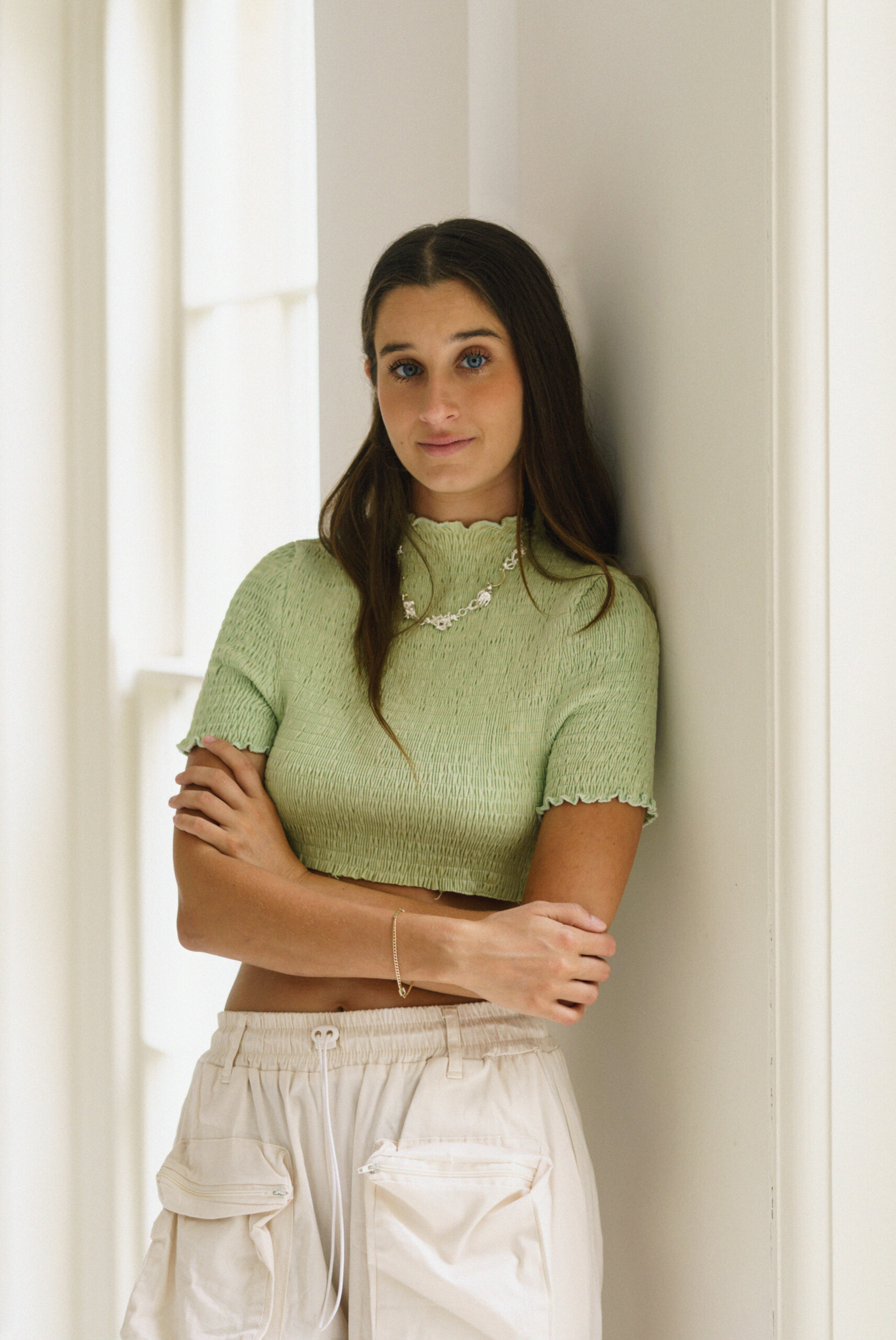
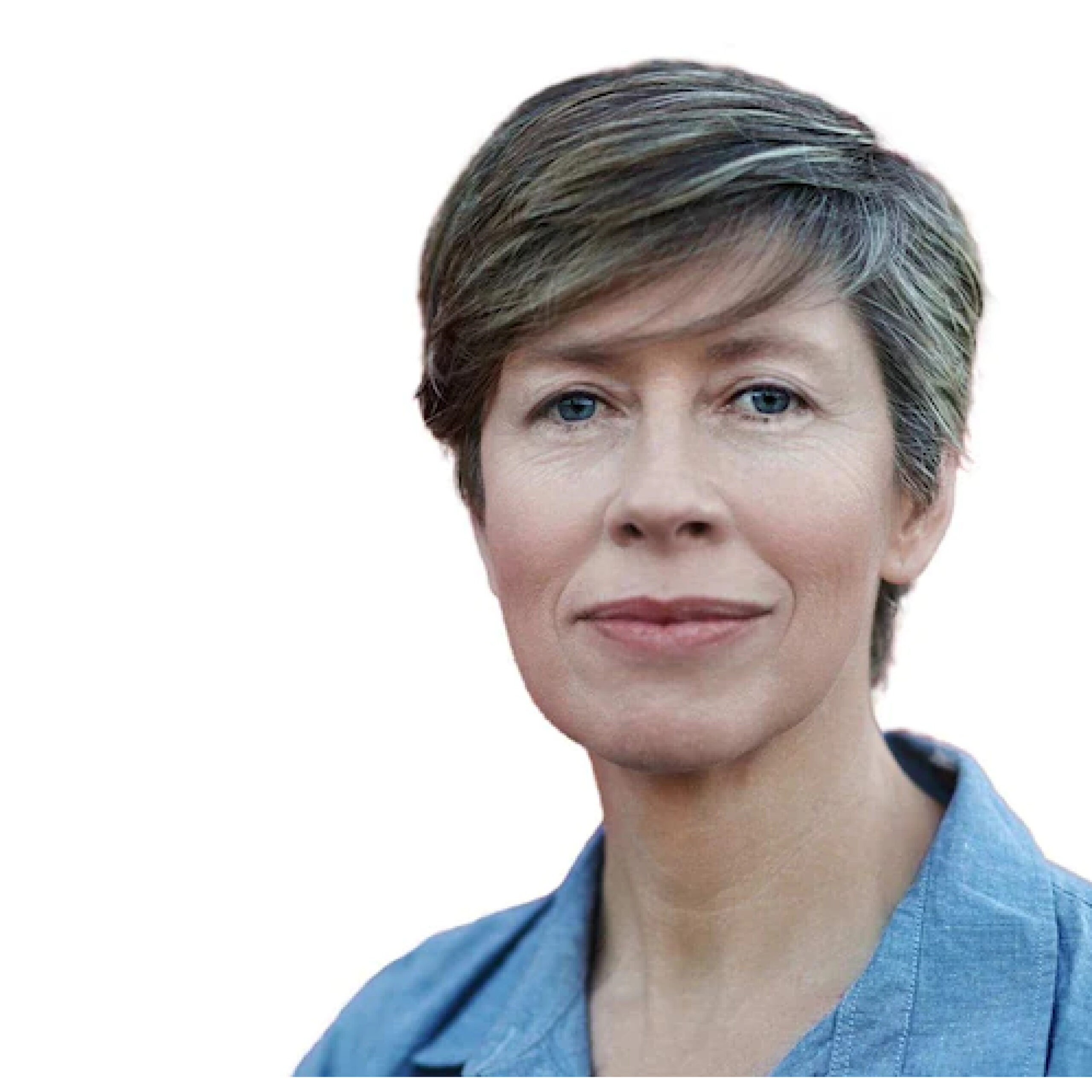

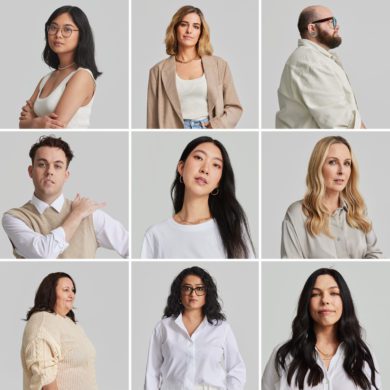

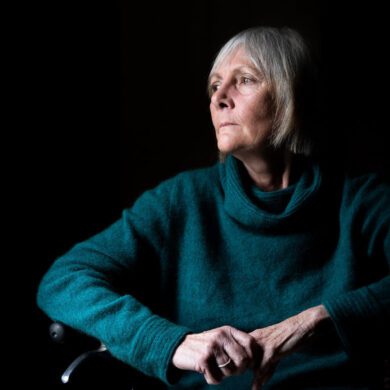
No Comments